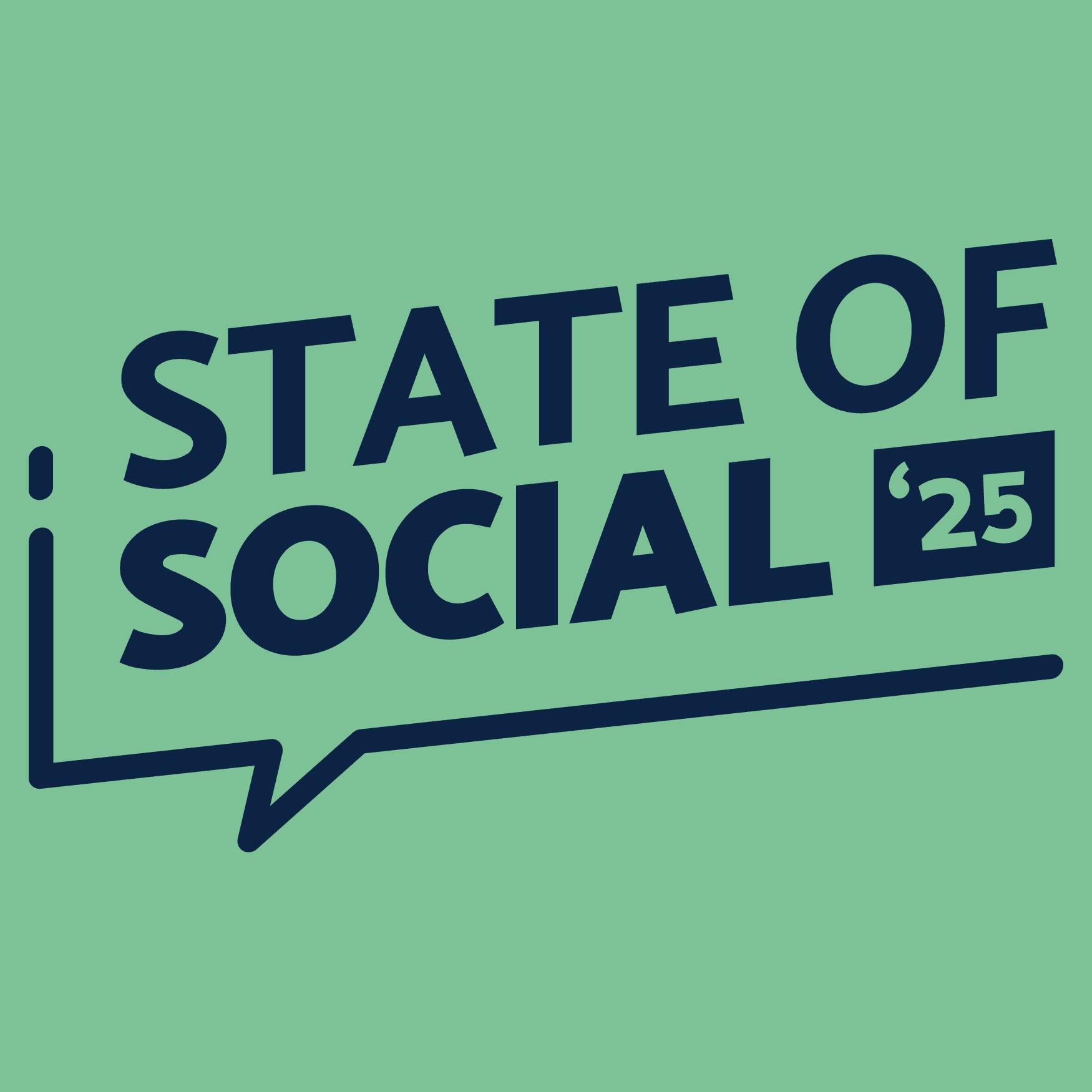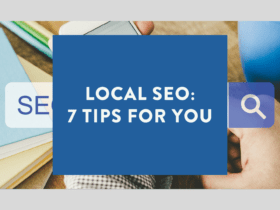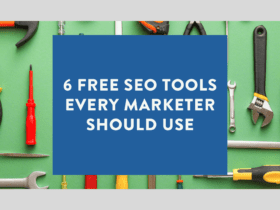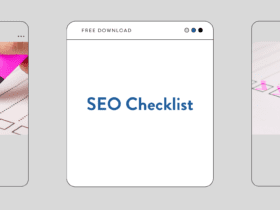Social media and SEO sitting in a tree …
How do SEO and social media work together? Well, it is all about having a holistic digital strategy.
You’ve obsessed over your SEO keywords. You’ve got your meta descriptions down to a fine art. But have you considered how social media impacts your SEO rating?
Let’s explore the relationship between social media and SEO, including some words of wisdom from industry experts.
Does Social Media Influence Your SEO?
Social media accounts are web pages in themselves. As such, Google can use them just as they would any other web page. While having a social media account or posting regularly doesn’t in itself help your organic rankings, some signals are sent from these accounts which can influence what appears on the search results page.
However, the way people buy and make decisions online is more nuanced.
According to Casey Bryan, SEO and Google Ads Specialist at Grand Cru Digital, “A customer’s journey is not always linear. In fact, it hardly is these days. People interact with your brand in many different ways online, from finding you through Google to following your business page on social media to signing up for your email newsletter. Many people will hit various touchpoints with your brand before deciding to buy from you, read more of your content or sign up for your services.”
Links, links, and more links
Link building has long been a priority when it comes to SEO. Back in the days before blogging and content, it was all about the links – the good, the bad and the ugly.
These days, links from high authority websites are the most desirable. By creating accounts on sites like Facebook, Twitter, Instagram and Google My Business, you’re getting some pretty easy links right there from some of the most authoritative websites in the world.
Links From Content Sharing
Everyone wants their posts to go viral on social media.
If you write a great post on your blog and then share the URL on social media, there’s a much bigger chance of your blog being picked up and shared.
If you have posts that link back to your website that resonate with people, chances are they’re going to share it. Facebook and Twitter make it super easy for users to hit share or retweet.
The more your content is shared on social media, the more links to your content are being created.
According to Rene LeMerle, the Head of Marketing at Bonfire, you should use social media to share website content, “This can have an impact on your rankings by driving traffic and engagement to content on your website,” says Rene. It might earn you some more backlinks, too. “Once the content is being shared, it opens the opportunity of earning backlinks to content on your core website,” he explains. “This improves your authority and credibility, increasing your SEO rankings on Google.”
Driving Traffic To Your Website
Sharing your content isn’t just valuable for adding a link on social media. It’s a great way to drive traffic to your website.
If you’re getting a good number of website visitors from any source, it can act as a sign to Google that your website is worth visiting, and therefore worth returning as a search result.
What about driving traffic to your website via Facebook ads? According, “Facebook Ads, and any other paid social media, don’t influence your SEO,” says Rene. “Even Google’s very own Google Ads don’t influence SEO.”
That’s good to know, but what about hashtags? Surely they impact SEO!
In short, no. “Google hasn’t embraced hashtags in its ranking algorithm,” says Rene. “They service to better classify content within social networks, but have little to no influence on SEO.”
Influence Local SEO
Local SEO relies on NAP’s name, address, and phone number. Having these three details consistent across websites is crucial for ranking well in your local area.
Not only do local citation websites help with local SEO (Yellow Pages, True Local, etc.), but social media accounts do too.
Always include a link to your website as well, so Google can see your website is associated with those details (and so people know where to find you online!).
Discover how SEO can help you rank higher, increase traffic, find quality customers, and more.
Brand Awareness
When you’ve got social media accounts across different platforms, it can help you make sure your business takes over the first page of the search results.
If someone Google’s your brand name, you don’t just want your website to be the first result. You want other links to your business across the web to appear as results too. With social accounts set up, you could have your website, Facebook page, Twitter account and others taking up the rest of the results on page one of Google.
This helps with your brand awareness so people can find you on their platform of choice and check you out (so make sure it’s up to date and consistent!).
What’s next for social media and SEO?
Anyone that’s dipped their toes into SEO knows it can be more like quicksand – the digital landscape moves at break speed. So what’s next? “Google is introducing more ranking factors around website engagement,” says Rene. “So, the more visitors to your content from social media activities, the greater your website will score against engagement factors in the ranking algorithm.”
Plus, with Google constantly changing its algorithms, it’s possible social media might have a bigger direct influence on search engine rankings in the future, suggests Casey.
Just like your naturopath might tell you, a holistic approach is best. “An integrated approach to marketing always tends to deliver a better return on investment,” says Rene. Figure out how “SEO and social media can both contribute and leverage off each other.”
Integrate social media into your SEO strategy and find favour with the Google gods – and your human customers, too.
Enjoyed this article? Enter your email below for social media tips & tricks delivered to your inbox every Monday morning.









LET’S CONNECT